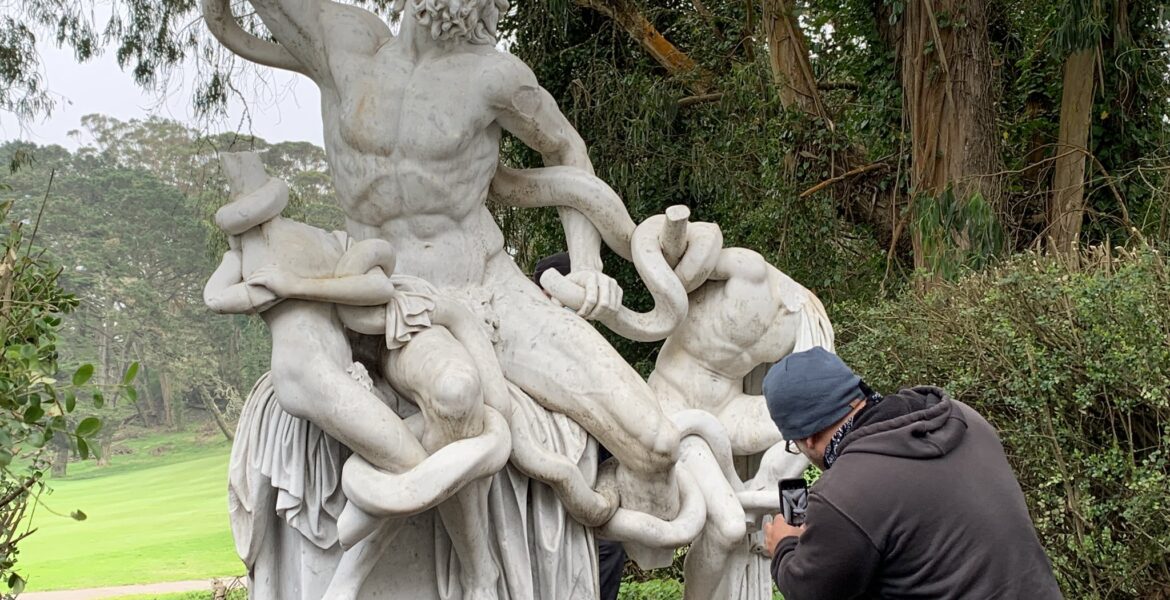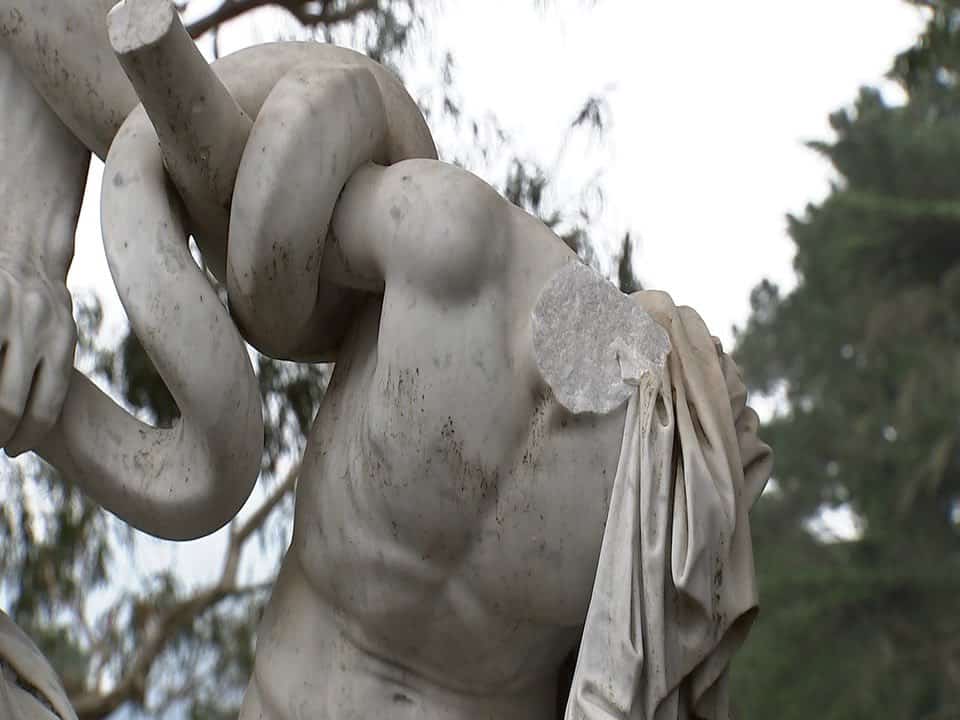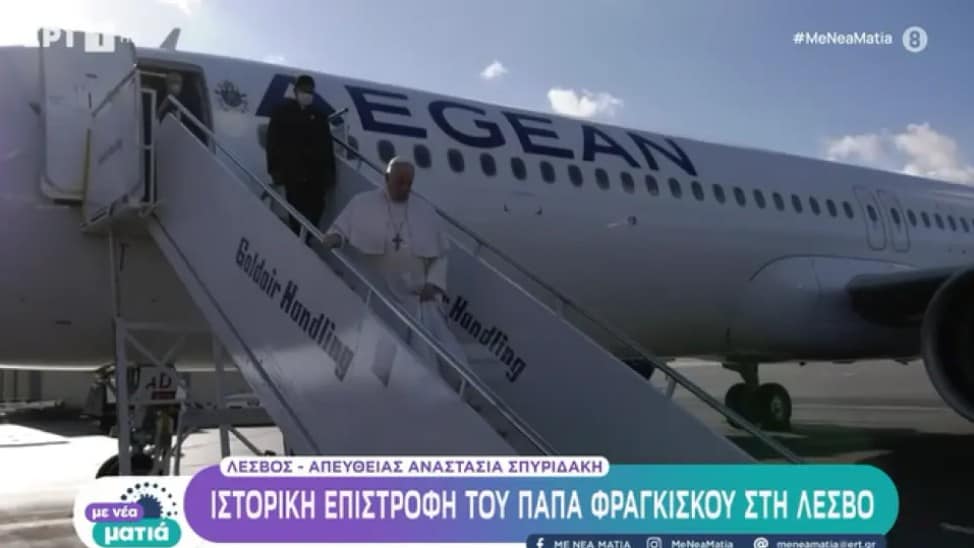
One of San Francisco’s oldest statues — a marbled Greek sculpture at Legion of Honor — was found without several parts this week, sparking calls for the return of the missing pieces by curators.

Sometime before the weekend, criminals defaced a large statue at SF’s Legion of Honor museum, leaving the work of art severely damaged and missing several parts. According to ABC7, both art curators and members of the museum’s community are devastated by the actions taken by the vandals.
But what’s done has been done. Now, they just want those pieces returned so that the statue can be properly repaired.
“This is really sad, this is a loss to the museum and people of San Francisco because this is a piece of art that’s been vandalized wantonly,” said Legion of Honor European Arts and Sculpture Curator Martin Chapman in a statement published by the news outlet. Chapman added that vandals knocked the heads off the two sons of Greek God Laocoon, before sharing that part of his leg was also destroyed.
The museum has said that unfortunately, none of its exterior security cameras captured the vandalism in progress. But thankfully, other statues on the grounds — like Joan of Arc — were not targeted by the criminals.
Regardless, repairs to the damaged statues won’t be easy, especially without the recovered parts. Chapman hopes with the help of the community that the missing pieces can be found.
“What we would like to do is recover the missing parts most essential and restore the object,” said Chapman to ABC7. The curator has said that the SF police are not investigating the crime, as well.
The piece itself — a reproduction of a sculpture in the Vatican — was given to the museum in 1930. Presently, the Legion of Honor’s collection contains over 124,000 works that span the gamut of creative expression, from stone statues to oil paintings.







